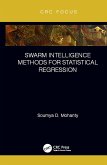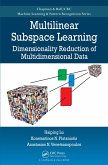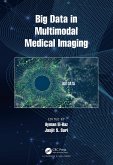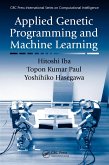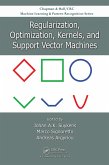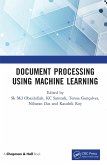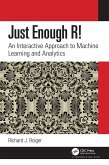The basic idea of GP is to evolve a population of solution candidates in an iterative, generational manner, by repeated application of selection, crossover, mutation, and replacement, thus allowing the model structure, coefficients, and input variables to be searched simultaneously. Given that explainability and interpretability are key elements for integrating humans into the loop of learning in AI, increasing the capacity for data scientists to understand internal algorithmic processes and their resultant models has beneficial implications for the learning process as a whole.
This book represents a practical guide for industry professionals and students across a range of disciplines, particularly data science, engineering, and applied mathematics. Focused on state-of-the-art SR methods and providing ready-to-use recipes, this book is especially appealing to those working with empirical or semi-analytical models in science and engineering.
Dieser Download kann aus rechtlichen Gründen nur mit Rechnungsadresse in A, B, BG, CY, CZ, D, DK, EW, E, FIN, F, GR, HR, H, IRL, I, LT, L, LR, M, NL, PL, P, R, S, SLO, SK ausgeliefert werden.



